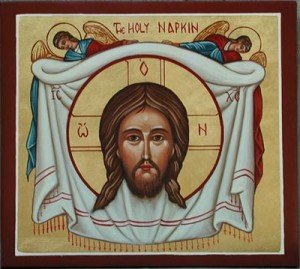 In this article I am still presenting a multitude of ideas about inspiration. As I have already suggested, the Church has been wrestling with this idea for centuries. She has attempted to preserve the fact that the writings that we have in the Bible, which are only a select number of writings that the Christian community has produced since its beginning, have a quality which the Church believes were inspired by God but also written by men. The Church has come to understand that the writings that have been recognized as truly inspired and, therefore included in the CANON of the Bible, are also written by men who lived in a particular culture and time in human history. The Church, given her understanding of how God has chosen to operate with humankind, has suggested that when God inspired men to compose these scared writings, He, God, did not just dictate words, making men merely instruments to record His words.
In this article I am still presenting a multitude of ideas about inspiration. As I have already suggested, the Church has been wrestling with this idea for centuries. She has attempted to preserve the fact that the writings that we have in the Bible, which are only a select number of writings that the Christian community has produced since its beginning, have a quality which the Church believes were inspired by God but also written by men. The Church has come to understand that the writings that have been recognized as truly inspired and, therefore included in the CANON of the Bible, are also written by men who lived in a particular culture and time in human history. The Church, given her understanding of how God has chosen to operate with humankind, has suggested that when God inspired men to compose these scared writings, He, God, did not just dictate words, making men merely instruments to record His words.
The debate has always been, however, about how great God’s influence has been on what and how men wrote.
Throughout any discussion of the nature of inspiration, it should be kept firmly in mind that there is no possibility at the present time to give an exposition of the nature of inspiration that may be labeled as a statement of the Catholic position. The Church’s directives in this area are all general and undetailed, leaving the question as a whole open to development by theological reflection. Thus far, such reflection has not achieved any considerable consensus among theologians and exegetes. Accordingly, all current treatments of the nature of inspiration tend to be both personal and piecemeal statements – a situation that doubtless will continue for some time to come.
As it exists in God, divine inspiration is nothing other than God himself operating to produce a definite effect, namely the Bible. Since the effect to which inspiration is directed is a reality distinct from God, inspiration is to be classified as one of the divine externalizing operations. As such, it is common to all three Persons of the Trinity, although frequently it is attributed by appropriation to the Holy Spirit, as was already done in 2 Peter 1:21. Though it is true that on one level divine inspiration is completely identified with God himself, human weakness demands clarification.
